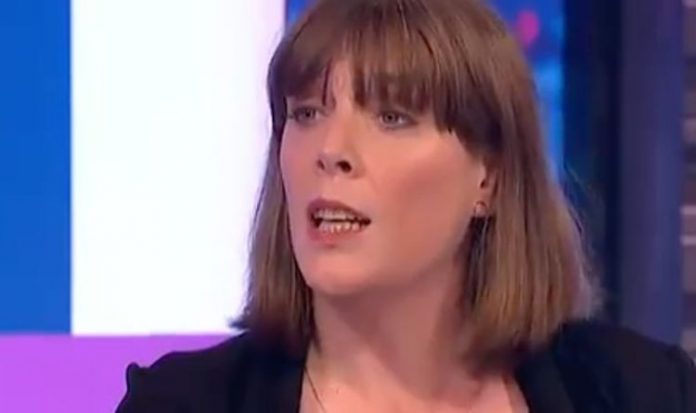Stressing no final decisions had yet been made, he added the “simplest form of restriction would be city-wide”.
Jess Phillips, MP for Birmingham Yardley, told ITV’s Peston on Wednesday that lockdown-style measures were looking increasingly inevitable.
She said: “I am expecting a lockdown in Birmingham, I imagine as the new regulations come in on Monday, in Birmingham it will be even tighter.
“Exactly how that looks and whether it’s the whole of Birmingham or parts of Birmingham, we’re still unsure.
“If Birmingham going in lockdown would get this under control, I could absolutely get 100 percent behind that and I think people have got to go back to doing whatever they can.
“But we always seem to end up with the failure of the track and trace system.
“So if I can’t see my family at Christmas but Boris Johnson can’t get his track and trace or his communication right, why did I put in all that effort?”
READ MORE: Hospital waiting list crisis: Numbers treble to record 2.15 million
The city’s director of public health Dr Justin Varney said the uptick was “linked primarily to private household gatherings”, at the end of August and across the bank holiday weekend.
An increase in testing had also turned up more positive results, he added.
Licensed premises, like pubs and bars, and restaurants flouting contact-tracing rules and social distancing, are also believed to be part of the problem behind rising rates.
The mayor also said younger people “had got to take responsibility” with the biggest growth in the under-40s age groups.
According to NHS Digital data, the latest seven-day rate for the city to September 8 showed 78.2 cases per 100,000 with 892 cases over the period – among the highest in Birmingham since April’s peak.
For the previous seven-day period, the rate was just over 30.
The city had already been moved up the rungs of the national Public Health England (PHE) watchlist, which ranks local authority areas of concern by infection rate.
Birmingham was deemed an area in need of “enhanced support” last month, after recording a seven-day infection rate above 30 per 100,000 people.
Of particular concern to health chiefs is the fact the rate has been increasing, day-on-day.
Birmingham City Council rapidly introduced tougher measures – agreed with the Government – including a legally-enforced crackdown on businesses flouting COVID-19 measures.
A whistleblowers’ hotline set up in August allowing people to report rule-breaking businesses has had more than 800 calls.
Two restaurants in the city were then sanctioned by council officials for hosting larger-than-allowed gatherings, in breach of Government guidelines.
DON’T MISS:
Coronavirus restrictions: Boris Johnson’s Cabinet torn on new limits [ANALYSIS]
Pound to euro exchange rate: GBP sees biggest one-day loss since March [DATA]
Coronavirus map LIVE: Expert highlights UK’s FOUR big mistakes [LIVE BLOG]
An asylum centre in the Edgbaston area was also handed a direction order, forcing it to tighten COVID-19 control measures, after 56 staff and residents tested positive – the city’s largest outbreak to date.
The current positive infections tally puts Birmingham third in a national table of local authority areas of highest infection rates, behind Bolton and Sunderland.
Bolton’s seven-day rate currently stands at 143 cases per 100,000, and Sunderland is on 84, according to data from NHS Digital.
There are concerns Birmingham’s neighbour, Solihull, will also see new restrictions imposed with the latest infection rate for the week ending September 8 standing at 62.8.
Another neighbouring borough, Sandwell, which has grappled with stubbornly high rates for weeks, is also thought to be at risk of further measures.







